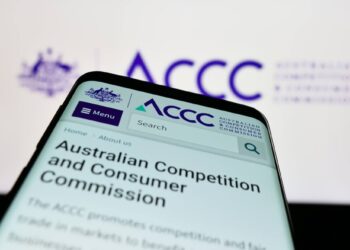The superannuation industry should stop focusing on the minutiae of tax concessions and contributions and start thinking about what it can do in return for the economy, according to Australian Unity chief executive of investments David Bryant.
Superannuation is the last healthy balance sheet that can drive growth in the economy and more superannuation assets need to be redeployed into the economy, he said.
The industry needs to look at how policy is structured to guide funds into areas like research, entrepreneurship, life sciences and tech sciences, Bryant said.
Good policy settings can drive reinvestment, he said.
Bryant suggested the government should offer tax concessions to the super industry to encourage it to invest more in the economy, he said.
Super funds should leave investing in large infrastructure assets like toll roads and bridges to the Government and focus instead on funding smaller, more affordable infrastructure pieces like hospitals and social infrastructure, he said.
Delivery problems in social services are becoming insurmountable, Bryant said.
He warned that the industry focuses too much on using superannuation funds for capital, or to be lent to businesses or banks, when it should be thinking at a macro level instead.
However, funds from super also have to be wisely invested, he added.




